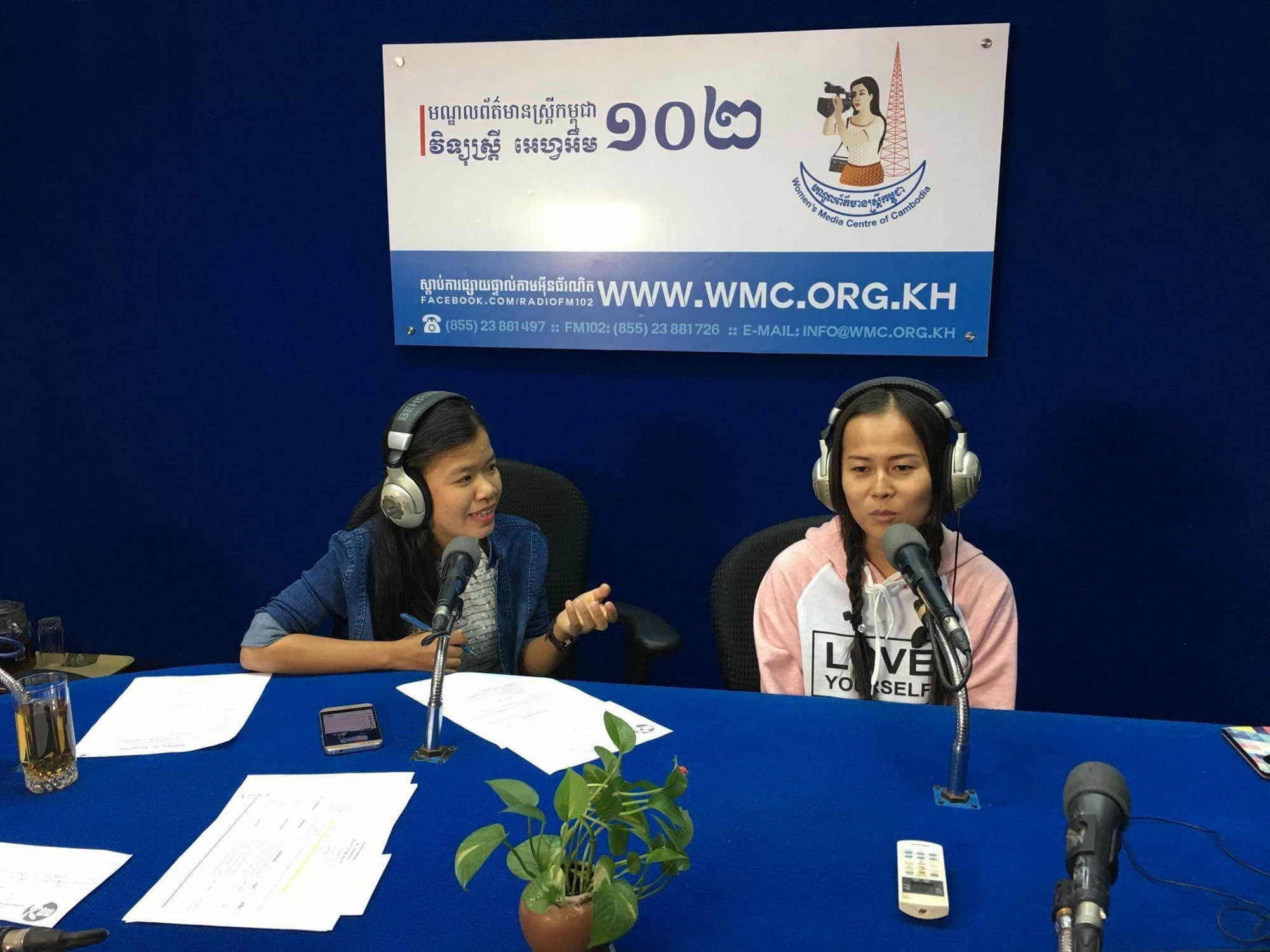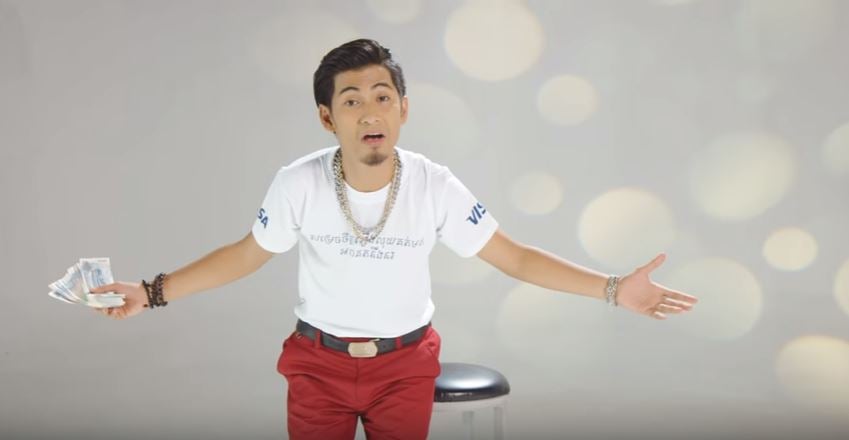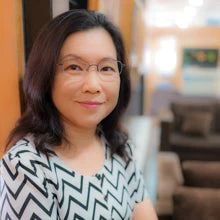
However, this generation is also “techno-savvy” with extensive exposure to social media like Facebook and YouTube, radio, television, the internet, and smart phones. These channels are readily available in urban areas and increasingly accessible in Cambodian provinces.
With this in mind, we thought “outside the box” about ways to help address this issue, and to reach a younger population. Utilizing social media, our Finance and Markets team at the World Bank launched an innovative “Let’s Talk Money” campaign, as part of our overall effort to build financial stability in Cambodia.
In partnership with the National Bank of Cambodia and supported by the Korean Trust Fund, we aimed to address consumer financial issues and influence financial behaviors of Cambodians through the “Let’s Talk Money” radio show. The program broadcasted nationwide three times a week from December 2016 to February 2017 on Women’s Media Center FM102 and their Facebook page.
The radio show attracted over one million listeners nationally. On Facebook, it got an average of 4,000 views per show. Nana, the DJ of the program, is a prominent Khmer radio personality with over 500,000 Facebook followers and advocates for women to take control of their household finances and to make sensible financial choices.
The show’s messages resonated far and wide among Cambodians. It raised sensitive questions about household finances and money management and provided practical answers to difficult money-related questions facing any Cambodian family.
Following the show’s take-off, we stepped further outside the box by marrying the idea of talking about money to singing about money. We invited Cambodia’s most popular young performer, Oun, to sing about “Luy”, which means money in Khmer.

Posted in May 2017 on Facebook and YouTube, the video became an overnight sensation throughout the country. By June 2017, the video reached over one million viewers, a high figure compared to other popular songs in Cambodia.
Over 30,000 people have shared the music video on Facebook. The comments were positive with people saying: this is a meaningful song, need to be more careful with money, have to avoid overspending and debt, stop being crazy about money, think twice before spending, save money, and more.
Through our experience of engaging a radio program and pop artist in Cambodia, we found that music, though unconventional, has a lot of potential to reach the new generation. The results so far have confirmed that radio and engaging videos on social media can influence people’s financial behaviors and strengthen Cambodia’s financial capacity.
Together with traditional activities, such as policy measures to manage risks and financial sector stability, going directly to the financial consumers with a message on prudent financial management can also serve to further achieve our financial objectives. The effect of this method for outreach will need to be carefully monitored and we hope to learn more about its impact.


Join the Conversation